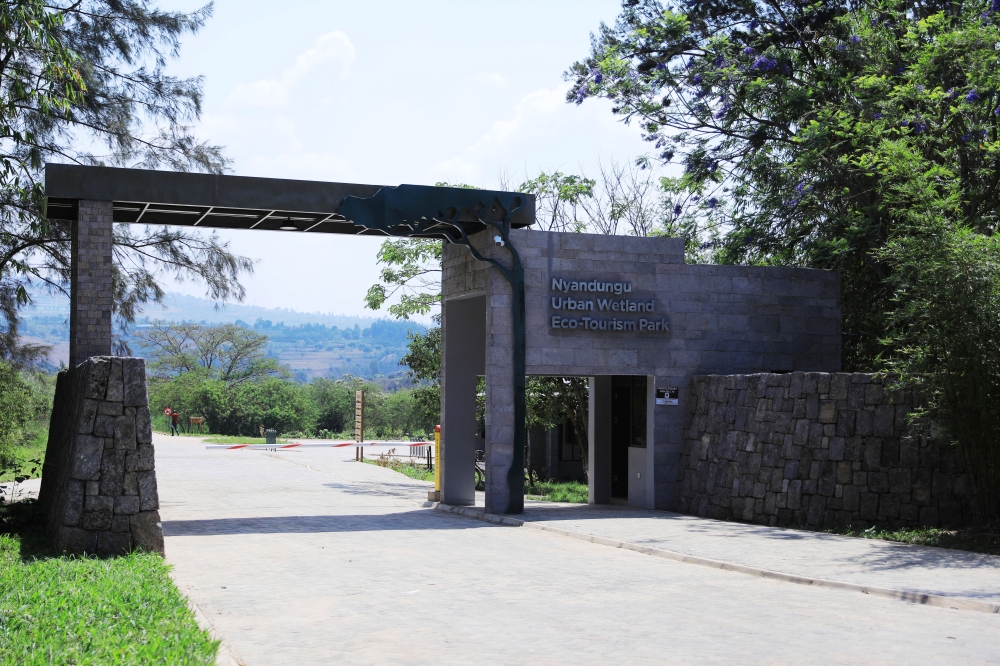

Environmental, Social and Governance (ESG) has emerged as much more than a responsibility; it is an opportunity to build a more sustainable business and a key differentiator to enhance relevancy and trust with organisation stakeholders.
Built strategically, an ESG program creates valuable impact within your organisation, your community and for the planet for years to come.
It is shown that firm solvency and their ratings are positively related to environmental practices, consequently, implying their low risk in potential legal, regulatory, and reputational costs. Firms without effective sustainable practices will potentially experience expensive fines and strong resistance from stakeholders, which can increase their default risk and liabilities
An ESG program creates valuable impact with an organisation and is increasingly relevant for investments, as interest in sustainable investments grows due to climate change consequences. Sustainable investments approach involves including ESG considerations into investment analysis and decision-making; and ESG covers (i) Environmental considerations which comprise measures to protect and minimise the risks to the environment and efforts to conserve resources; (ii) Social considerations which encompass issues of inequality, inclusiveness, labour relations, investment in human capital and communities, human rights issues; (iii) and Governance considerations referring to the structure and management practices (board structure, diversity and independence, executive pay, corruption).
The ESG pros on investments
The addition of ESG fundamentals to traditional investing might someday allow investors to better predict returns and risks.
The integration of ESG in investments decisions is likely to attract more investors. Indeed, some investors nowadays tend to be more concerned about risk associated with climate change, social inequality, human rights, and other impacts. Such investors’ interest goes beyond maximisation of returns and henceforth participate to a more sustainable future; they will likely invest in a country that values sustainable investments.
A new channel of investments opportunities-Rwanda perspective
Rwanda continues to be an attractive location for foreign investment. It is one of the world's fastest growing economies and has an enabling business environment, a growing private sector and large-scale infrastructure projects. Rwanda has developed industrial parks to accelerate the growth of investment, especially in manufacturing. Leading global businesses such as Volkswagen, Motorola Solutions and Radisson have established themselves in Rwanda. Recently, Knowledge institutions, like University of Global Health, Carnegie Mellon University, have created campuses in Rwanda.
With regards to its international commitments on climate change, Rwanda has integrated action on climate into its development agenda. Indeed, Rwanda was the first African country to submit in 2020, as part of its obligations under the Paris Agreement, a climate action plan known as National Determined Contributions (NDCs) to the United Nation Framework Convention on Climate Change. The country has one of the lowest emissions per capita in the world.
Rwanda is undertaking significant efforts to boost the private sector interest on green projects; thus, the country has an innovative and climate change investment fund, the Rwanda Green Fund (the National Fund for Environment/FONERWA), it will also launch a blended finance facility named Rwanda Green Investment Facility (RGIF) which will be modelled on the green bank idea; hopefully such initiatives will increase the scale of investments in green projects.
The now functional financial centre, the Kigali International Financial Centre (KIFC), an initiative which intends to position Rwanda as preferred financial jurisdiction for intra Africa and international investments, is aligned with the country’s vision of sustainability. Investors under the KIFC are granted a preferential corporate income rate and exemption from withholding tax on dividends, interest and royalty payments. Refer to the Investment Promotion and Facilitation Law for the detailed KIFC investments package. The law also details the economic substance requirements to qualify for these incentives.
One of the main niches of KIFC is green finance (the other niche is technology); and green finance is a component of sustainable finance which is a broadest term embedding and melding ESG issues and risks, with the aim of increasing long-term investments in sustainable economic activities and projects.
The KIFC initiative has triggered legal reforms within the financial sector such as the law on investments promotion and facilitation, which has introduced new incentives and priority economic sectors, as well as the concept of strategic investment projects.
At first glance, the new investments law seems to ignore ESG factors as it does not consider, for example, environmentally friendly (eco-friendly) projects as priority economic sector neither that it provides incentives for the same; however, further reading and analysis of the same law revealed that the list of priority sectors is not exhaustive, thus, such list can be adjusted upon request by the Private Investment Committee (PIC). In other words, an eco-friendly investment project may be considered as long as such project addresses the needs of the country’s economy.
It is an undisputed fact that investment is essential for the development of a country, hence Rwanda has been proactive to update its legislation to offer a conducive environment for investments. Given Rwanda’s commitment to sustainable investments, and its efforts to achieve the same as outlined above, one can affirm that Rwanda is paving a path to become a high-income country, carbon neutral with a resilient economy by 2050.
The author is a lawyer at Fountain Advocates, www.fountainadvocates.rw.


